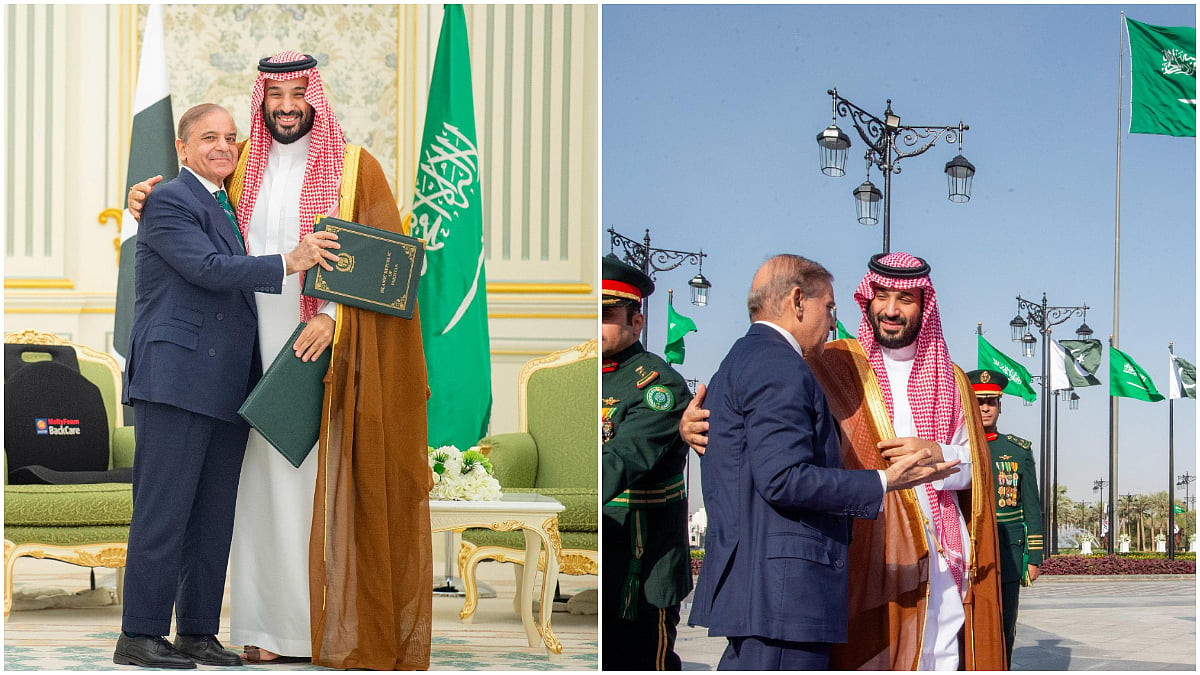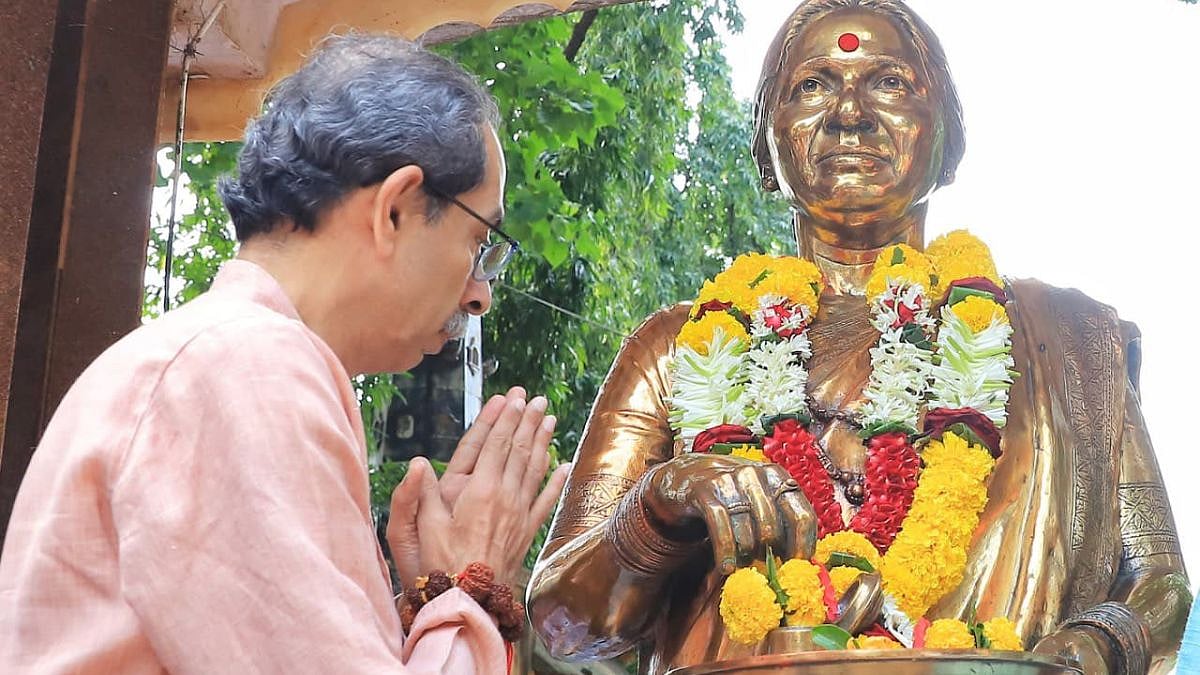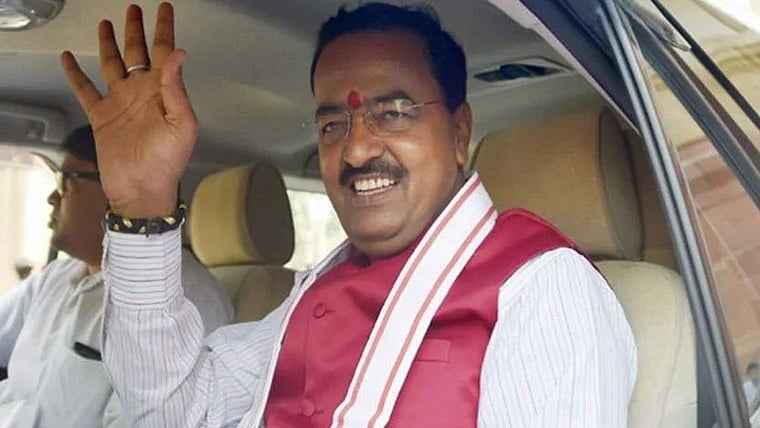New Delhi: Saudi Arabia and Pakistan on Wednesday signed a "Strategic Mutual Defence Agreement". As per the defence pact, any aggression against either nation would be treated as an attack on both. The agreement was inked during a state visit by Pakistan Prime Minister Shehbaz Sharif on Wednesday to Riyadh at the invitation of Crown Prince and Prime Minister of Saudi Arabia Mohammed bin Salman bin Abdulaziz Al Saud.
Both nations issued a joint statement after the agreement.
"Building on the historic partnership extending for nearly eight decades between the Kingdom of Saudi Arabia and the Islamic Republic of Pakistan, and based on the bonds of brotherhood and Islamic solidarity, as well as shared strategic interests and close defence cooperation between the two countries, HRH the Crown Prince and the Pakistani prime minister signed a Strategic Mutual Defence Agreement," the joint statement read.
As per the joint statement, the agreement, which reflects the shared commitment of both nations to enhance their security and to achieve security and peace in the region and the world, aims to develop aspects of defence cooperation between the two countries and strengthen joint deterrence against any aggression.
"The agreement states that any aggression against either country shall be considered an aggression against both," the joint statement further read.
Details Of The Agreement:
The pact aims to develop a defence cooperation between two Islamic nations. It clearly stated that aggression on one country will be considered as an attack on both. "This agreement, which reflects the shared commitment of both nations to enhance their security and to achieving security and peace in the region and the world, aims to develop aspects of defence cooperation between the two countries and strengthen joint deterrence against any aggression," the joint statement read.
Notably, Pakistan is the only Islamic country to have nuclear weapons. According to reports, after this agreement, Saudi Arabia can have access to Pakistan's nuclear weapons.
"The agreement states that any aggression against either country shall be considered an aggression against both," the joint statement further stated.
The agreement is a shift from informal defence ties between two Islamic nations to a structured military cooperation.
Its Implication On India:
The agreement rings alarm bells for New Delhi. Both Pakistan and Saudi Arabia has close relations for decade. Riyadh had bailed out Islamabad financially several times by giving grants and loans. The pact provides a defence shield to Pakistan.
After this pact, Pakistan's stance could be emboldened in the region. Islamabad can now invoke the pact and drag Saudi Arabia into a dispute with India if New Delhi reacts to any of Islamabad's misadventures in Kashmir.
If we talk about India's relation with Saudi Arabia, New Delhi shares cordial ties with Riyadh. Saudi Arabia is India's fifth largest trade partner, and India is Saudi Arabia's second largest trade partner.
On the surface, the pact seemed to provide major boost for Pakistan's in militarily and diplomatic aspects.
The agreement was signed months after the Pahalgam attack in which 26 people were killed by heavily armed terrorists of The Resistance Front, an offshoot of Pakistan-based Lashkar-e-Taiba.
In retaliation, India launched 'Operation Sindoor', targeting nine high-value terror infrastructures in Pakistan and Pakistan-occupied-Kashmir (PoK). Pakistan later responded with counterstrikes, raising tensions further.
After the military operation, India subsequently launched 'Operation Sindoor Outreach', sending delegations of parliamentarians and officials to friendly nations to highlight Pakistan's state-sponsored terrorism. One such delegation, led by BJP MP Baijayant Panda, visited Saudi Arabia as part of this campaign.
India's Reaction:
In response to the Pakistan-Saudi pact, the Ministry of External Affairs (MEA) issued a statement saying, "We have seen reports of the signing of a strategic mutual Defence pact between Saudi Arabia and Pakistan. The Government was aware that this development, which formalises a long-standing arrangement between the two countries, had been under consideration."
"We will study the implications of this development for our national security as well as for regional and global stability. The Government remains committed to protecting India's national interests and ensuring comprehensive national security in all domains," it added.
The agreement is considered a major diplomatic win for Pakistan. The pact will surely have geopolitical implications in the near future.
The development came after a Summit attended by 40 Islamic nations in Doha. According to reports, a NATO-like alliance was pushed in the wake of Israel's attack on Qatar.










